Prioritizing Repairs After A Hurricane

Prioritizing Repairs After a Hurricane
Introduction
Recovery after a hurricane can be a daunting task. The first step in the recovery process is to assess the damage that the hurricane has caused and then determine which repairs need to be prioritized. Safe and efficient repairs are essential in restoring a sense of normalcy to homeowners in hurricane-prone areas. In this article, we will discuss some helpful tips on prioritizing repairs after a hurricane.
Assessing the Damage

Inspect Your Property
Before starting with the repair process, it is important to inspect your property and assess the damage. Check your roof, walls, windows, and doors for any signs of damage. Take pictures of the damage before starting repairs, as they may be useful later when you file an insurance claim.
Document Damage
It is vital to document all damages caused during a hurricane. As mentioned earlier, photograph or video everything you find. Create a list of items that are damaged, their value, and the amount of time required to repair them.
Seek Professional Help
Do not hesitate to hire professionals to assist in assessing the damage. They will check the integrity of your structure to ensure that it is safe to enter. They can also provide professional advice on the necessary repairs.
Prioritizing Repairs
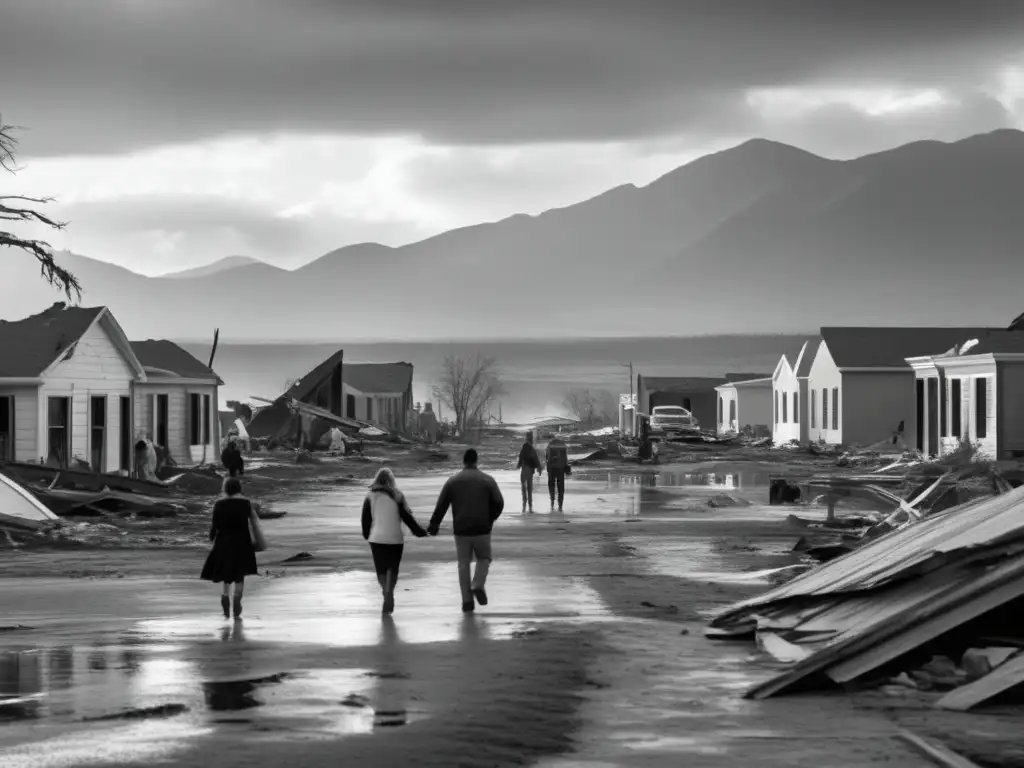
Emergency Repairs
The first task should always be emergency repairs. This refers to any repairs needed to prevent further damage to your home. For example, if there is a hole in your roof, cover it with a tarp immediately to prevent water from entering your home. If there are downed power lines, contact the utility company immediately and report the issue.
Structural Damage
Any structural damage to your home should be the next priority after emergency repairs are completed. This includes damage to walls, foundations, and roofs. Structural damage can compromise the safety of your home, so it is essential to address them immediately.
Water Damage
Water damage can lead to mold growth, which can be hazardous to your health. Ensure that any water intrusion or flooding is addressed immediately. Dry out the affected areas as soon as possible and disinfect surfaces to prevent the growth of mold.
Repairing Windows and Doors
Repairing windows and doors should be prioritized next, as they protect your home from further damage from external elements. Broken windows and doors can also compromise the safety of your home and its occupants.
Hiring a Contractor
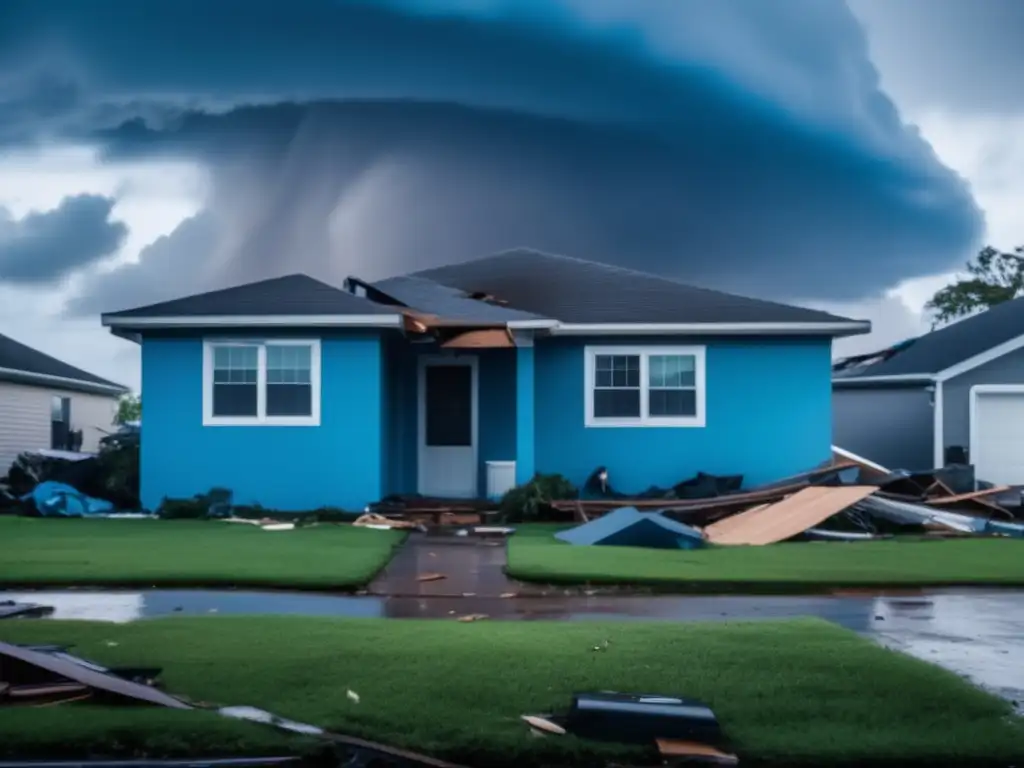
Research before hiring a contractor
Before hiring a contractor, research their background and experience. Check if they are certified, licensed, and insured. Licensed contractors are required to follow specific guidelines and make sure that the work is done correctly.
Obtain Multiple Bids
When dealing with significant repairs, like structural damage, it is important to obtain multiple bids to ensure that you are getting a fair price. Seek recommendations from trusted friends and family members or use online resources such as the Better Business Bureau to find reliable contractors in your area.
Get a Written Contract
Before beginning work, obtain a written contract that outlines the work to be done, the cost, the payment schedule, and the timeline. The contract should also contain a clause that protects you if the contractor fails to complete the work as agreed upon.
Insurance Claims
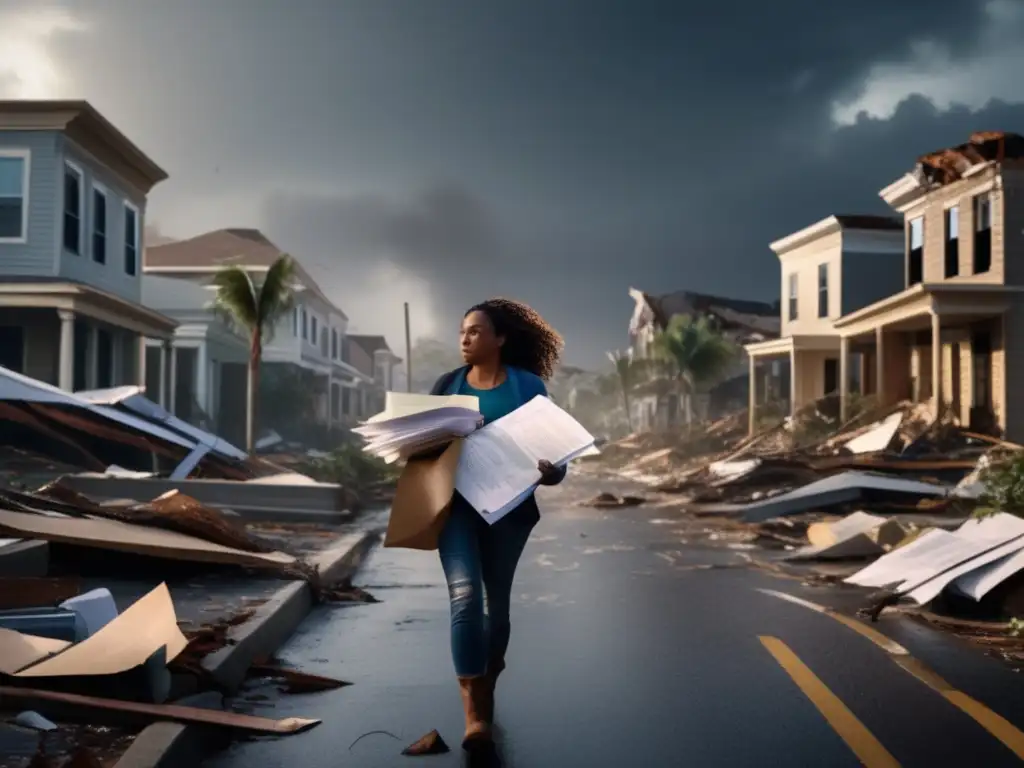
File Your Claim Immediately
If you have homeowners insurance, it is essential to file your claim as soon as possible. Insurance companies typically process claims on a first-come-first-serve basis.
Document All Repairs and Expenses
Keep all receipts and records of any repairs and expenses related to the hurricane damage. This includes any temporary accommodation expenses, transportation costs, and meals. Keeping these records will help you in filing an insurance claim.
Be Thorough with Inspections
Make sure the insurance adjuster inspects every area of your home that has been damaged, even if the damage is not visible. Be thorough in discussing the extent of the damage, and do not hesitate to show photographs and videos that you documented after the hurricane.
Frequently Asked Questions
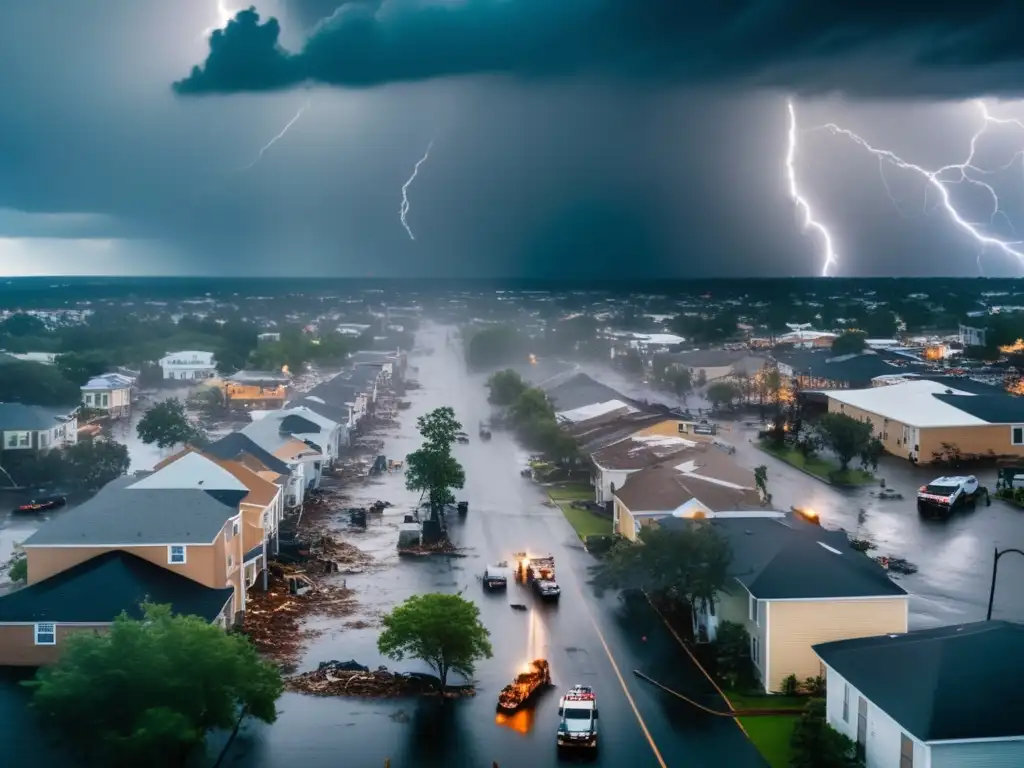
-
What should I do if I cannot afford the necessary repairs?
You can receive financial assistance from federal disaster programs. Contact FEMA or your state emergency management office for more information.
-
How long does it take to complete repairs after a hurricane?
The time it takes to complete repairs depends on the extent of the damage. Major repairs can take weeks or even months to finish.
-
Is there a difference between emergency repairs and regular repairs?
Emergency repairs are necessary to prevent further damage or to ensure safety and health. Regular repairs are non-emergent, cosmetic, or non-essential repairs that you can do as a part of the regular upkeep of your property.
-
What should I do if my insurance claim is denied?
If you believe that the insurance company’s decision is incorrect, you have the right to dispute it. Consult with an attorney or public adjuster for assistance in filing an appeal.
-
Can I still file an insurance claim even if I made repairs before the insurance adjuster inspected my home?
Yes, but be sure to document all repairs in detail, including repair receipts and photos. The insurance company will examine the evidence to determine whether to pay the claim.
Conclusion
Prioritizing repairs after a hurricane is vital for ensuring the safety and security of your home and its occupants. Emergency repairs and structural damage repairs should be prioritized first, followed by repairs to windows and doors and water damage. Hiring a contractor who is licensed, insured, and experienced is essential for getting your home back to normal. Finally, documenting all damages and expenses and filing an insurance claim immediately is crucial for receiving financial assistance. Remember that recovery after a hurricane takes time, so be patient and stay safe.
Thank you for reading this article. We hope that these tips will help you prioritize repairs after a hurricane. If you have any additional questions or advice, please leave them in the comments section below. Be sure to subscribe to our newsletter and follow us on social media for more helpful information on hurricanes and disaster recovery.
Additional Resources
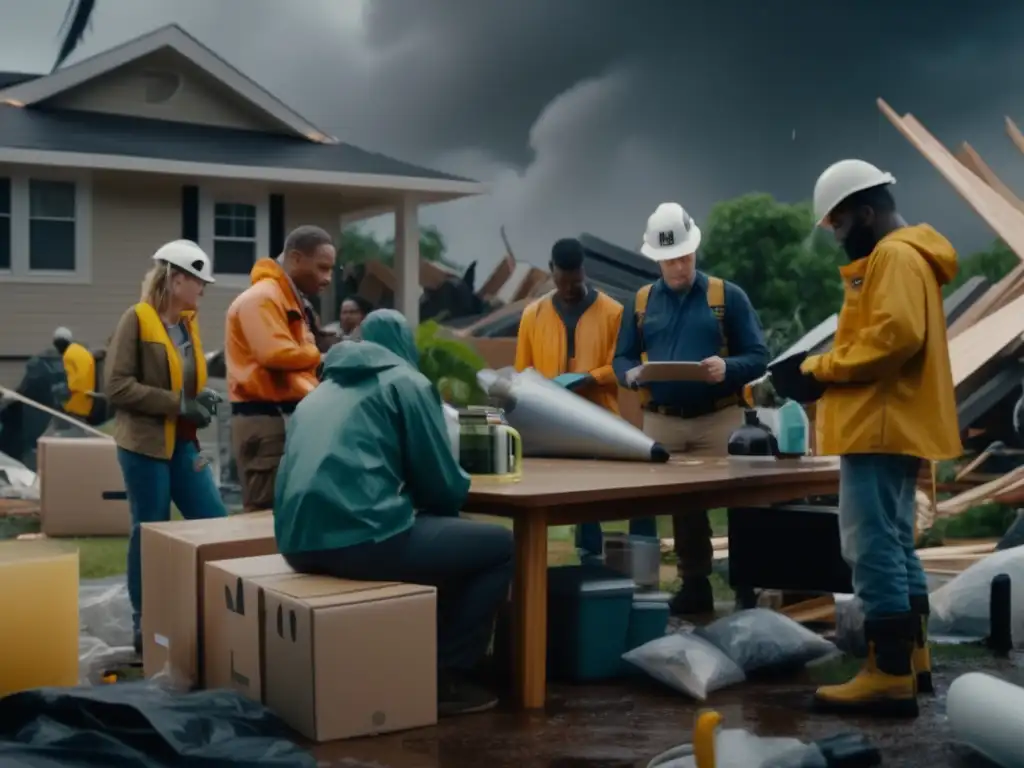
For more information on hurricane damage and disaster recovery, check out the following resources:
 Hunkering Down: Making The Best Use Of Time During A Hurricane
Hunkering Down: Making The Best Use Of Time During A Hurricane When You Can’t Go Home: Finding Shelter After A Hurricane
When You Can’t Go Home: Finding Shelter After A Hurricane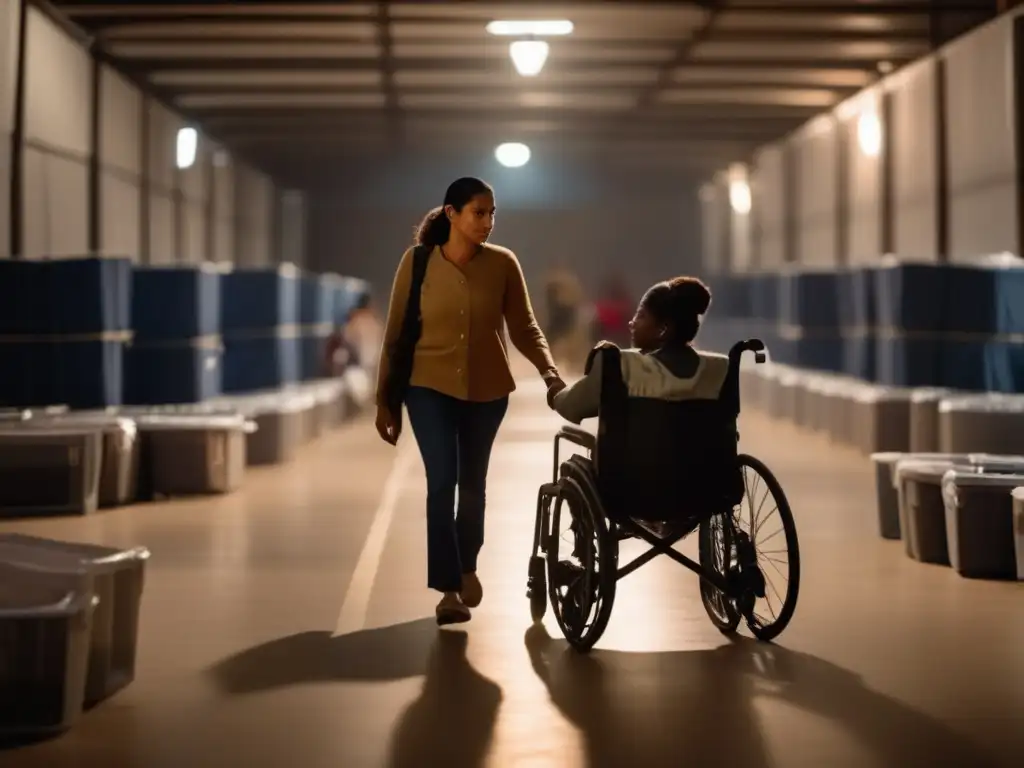 Safety Protocols For People With Disabilities During A Hurricane
Safety Protocols For People With Disabilities During A HurricaneIf you want to discover more articles similar to Prioritizing Repairs After A Hurricane, you can visit the During the hurricane: category.
Leave a Reply

Articulos relacionados: